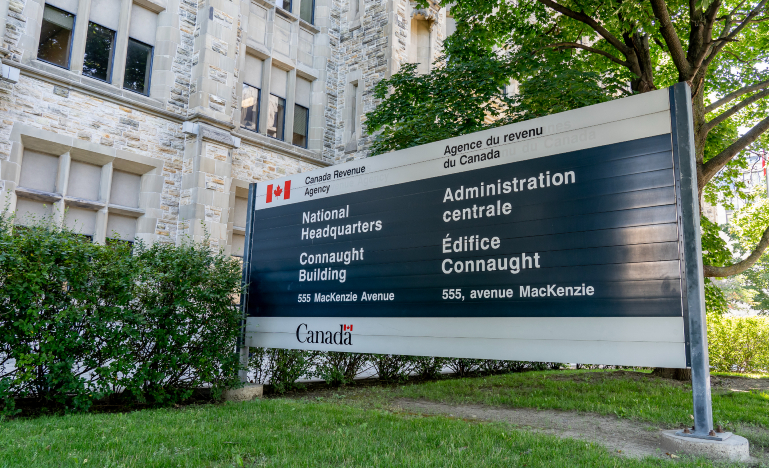Protecting French language rights
The French Speaking Common Law Members Section of the Canadian Bar Association suggests improvements to Bill C-13.

Much more needs to be done to ensure French language rights in Canada are respected in the country’s legal system. That’s the gist of the message the French Speaking Common Law Members Section of the Canadian Bar Association sent to the Standing Committee on Official Languages about Bill C-13, An Act for the Substantive Equality of Canada’s Official Languages, introduced in the House of Commons March 1, 2022.
In January 2022 the CBA Section shared concerns about the modernization of the Official Languages Act, or OLA, included in then Bill C-32, insisting it must strengthen and expand the role of the Treasury Board, guarantee access to justice in French in the area of bankruptcy and insolvency as well as creating the obligation to adopt the French version of the Constitution, among other things.
The Section is pleased “that some important changes proposed in Bill C-32 have been preserved in Bill C-13, notably the removal of the Supreme Court of Canada’s exemption from bilingualism in subsection 16(1) of the OLA and the entrenchment of the Court Challenges Program.” But there remain a few concerns, some of which are summarized below.
A stronger role for the Treasury Board
An important step to protect the status of the French language is to turn Treasury Board’s discretionary powers into obligations. While Bill-13 goes some distance towards that goal, it still maintains Treasury Board’s ability to delegate its powers.
The government’s white paper promised to give Treasury Board sole responsibility for coordinating the implementation of the OLA but Bill C-13 keeps it shared between Treasury Board and the Department of Canadian Heritage. “In our view, the Treasury Board should be solely responsible for coordinating implementation of the OLA,” the CBA Section says, “and should perform that role for the whole of the Act (rather than merely a portion of it).”
Bankruptcy and insolvency
Citizens have the right to use the official language of their choice in matters related to the Criminal Code or the Divorce Act but not in matters related to bankruptcy and insolvency. The CBA Section has requested this guarantee more than once, yet Bill C-13 does not propose legal guarantees to ensure judicial bilingualism in that area of law.
Bilingual judges, constitutional texts
The CBA Section requested a commitment to legislate new mandatory and rigorous assessments of judicial candidates’ linguistic abilities. “Access to justice in French requires a judiciary that is capable of serving the entire population in the official language of their choice,” the letter says. Yet Bill C-13 does not address the issue.
Another important point on which the bill is silent is the necessity of ensuring Canada’s constitutional texts have force of law in French as well as in English. The CBA Section has been asking the government to fulfill its obligations as per section 55 of the Constitution Act, 1982 for some time. “The CBA Section is disappointed to find that Bill C-13 does not mention this matter, which has been stalled since 1982, and urges that it be modified accordingly,” the letter says.


